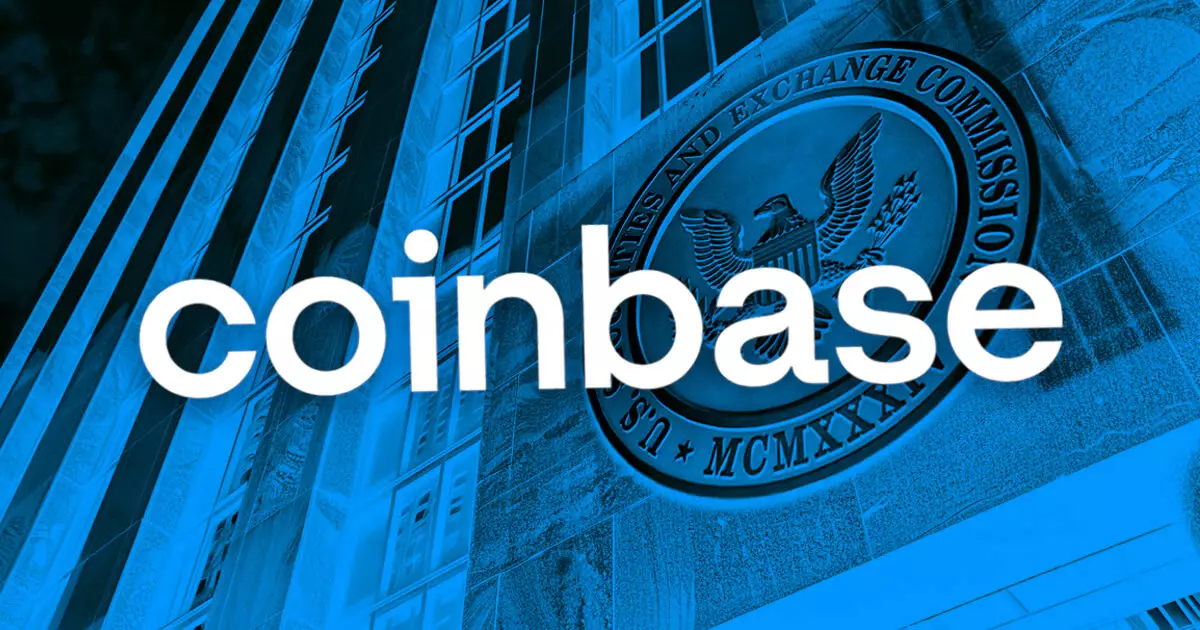The legal struggle between the US Securities and Exchange Commission (SEC) and Coinbase has gained significant attention as the SEC has officially sought a four-month extension for fact discovery in their ongoing lawsuit against the cryptocurrency exchange. This appeal, articulated in a letter to Judge Katherine Polk Failla on September 18, seeks to push back the current deadline from October 18, 2024, to February 18, 2025. Such a delay is rooted in the SEC’s assertion that it needs additional time due to an immense volume of documents it must process and review.
The SEC’s revelation that it has already produced “hundreds of thousands” of documentation underscores a considerable investment of resources and commitment to adhere to the court’s discovery requirements. In pursuing this extension, the agency noted that an additional 133,582 unique documents require examination under a current court directive and emphasized the need for substantive investigation. This request marks the first of its kind in this case and comes after an agreement was reached with Coinbase regarding the procedures for handling search terms and custodians.
Implications of the Extension
Notably, the SEC isn’t merely seeking time to sift through documents; its request also includes recommendations to amend the Civil Case Management Plan, which would subsequently extend all future deadlines by four months. The ramifications of this adjustment ripple throughout the case, affecting crucial timelines related to motions and future trial preparations. By agreeing to these extensions, Coinbase is not only demonstrating a willingness to cooperate with the regulatory process but also in acknowledging the complexities inherent in these legal proceedings.
The timeline’s extension is crucial, as it grants both the SEC and Coinbase additional leverage to build their cases. While the SEC is tasked with evidentiary procurement, Coinbase has the opportunity to bolster its defenses. The irony of regulatory bodies needing extended time reflects the intricacies involved in defining cryptocurrency regulations, which continue to evolve. The mutual consent between the two parties indicates a recognition that patient and thorough review is essential for a fair adjudication process.
The litigation commenced in June 2023 when the SEC accused Coinbase of functioning as an unregistered securities broker. The crux of the dispute hinges on the classification of multiple digital assets available on Coinbase’s platform as unregistered securities, thereby violating US securities laws. This assertion leans heavily on the Howey Test, a seminal legal benchmark designed to ascertain what qualifies as a security. Coinbase, however, stands firm in its dissent against these claims. The exchange argues that the assets it provides do not fit the definitions stipulated by securities law and has maintained compliance with existing regulations.
This clash speaks to a broader dilemma within the cryptocurrency landscape, where regulatory clarity has been notably absent. Coinbase has challenged the SEC’s parameters, claiming that the commission’s explanation surrounding the classification of digital assets has been insufficient. The outcome of this legal confrontation could set pivotal precedent not only for Coinbase but for the cryptocurrency sector at large, influencing the way regulatory frameworks are constructed and implemented.
As the SEC and Coinbase navigate this significant legal arena, the implications ripple outward to the cryptocurrency industry as a whole. The lawsuits unveiled the intricate balancing act regulators must perform between ensuring robust market protection and fostering innovation. Indeed, the industry is rife with ambiguity regarding compliance and regulatory adherence, making cases like that of Coinbase emblematic of larger questions about the future of digital asset regulation in the United States.
Coinbase has also taken the precaution of filing a motion to dismiss the SEC’s allegations, maintaining that the regulator’s claims lack substantive merit. This defensive maneuver not only serves to protect Coinbase’s operational framework but also calls into question the SEC’s capacity and authority in regulating burgeoning digital economies.
As the SEC and Coinbase gear up for their next courtroom encounter, the essential issues of clarity, regulatory authority, and the nature of digital assets remain at the forefront. This case is not just a legal battle; it embodies the complex interplays of today’s rapidly evolving financial landscape, and its outcome will likely reshape the contours of cryptocurrency regulation in the US.

